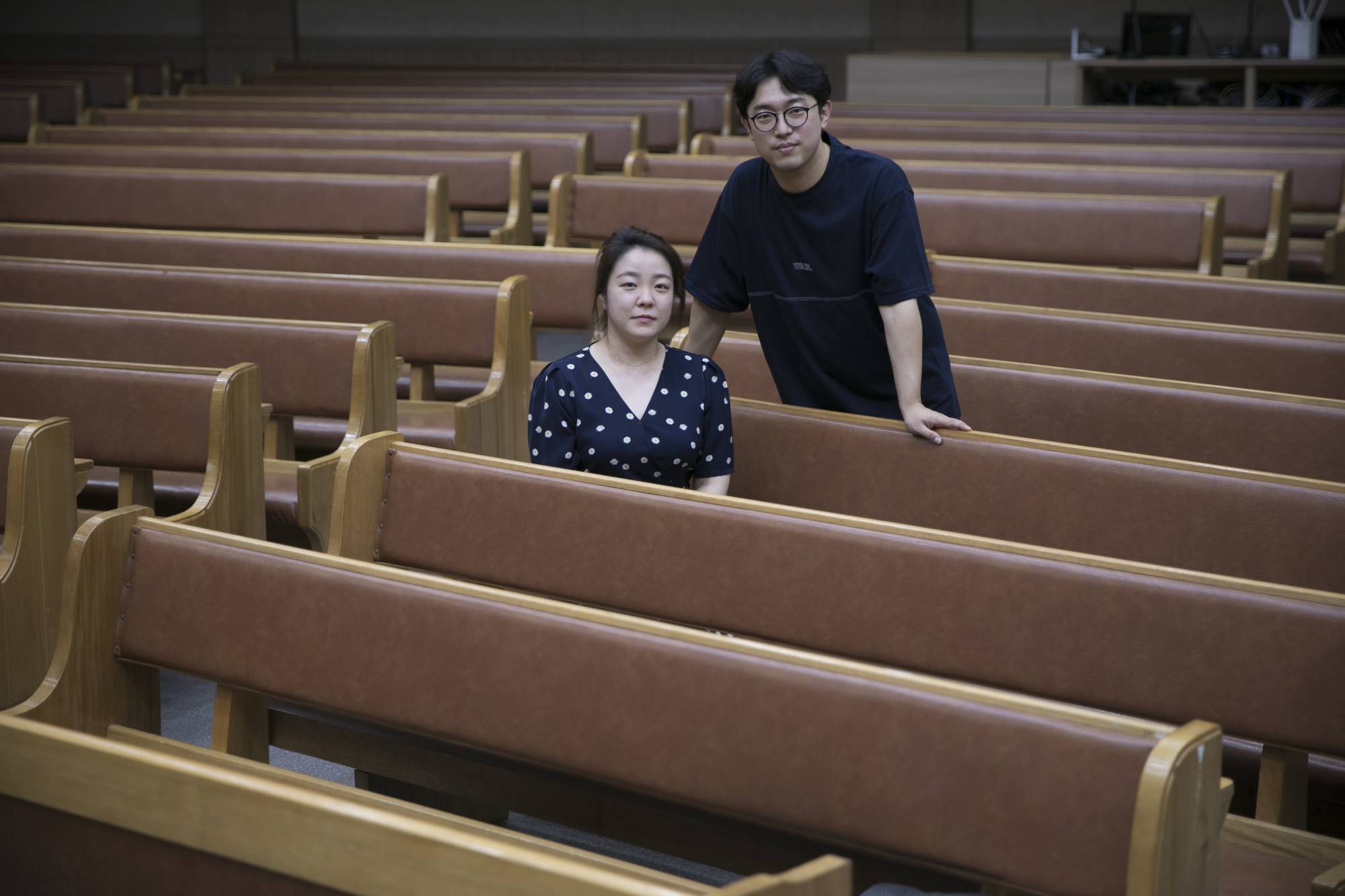The scandal that riveted South Korea’s online busybodies began when Kim Ji-seon checked into a beachside condominium in February. A 29-year-old office worker planning a June wedding, she had nothing more salacious in mind than meeting with members of her church to organize a youth program.
Then Kim tested positive for the coronavirus — and the details of her life became grist for South Korea’s growing culture of cyberbullying and misinformation, a phenomenon that has complicated the country’s widely praised digital effort to find those infected with the coronavirus.
Using sophisticated digital tools, South Korean authorities publicly revealed Kim’s age, gender, church name and recent whereabouts. Extrapolating from these details, online trolls accused Kim of belonging to a religious cult. They matched her itinerary with that of another church member who had tested positive and concluded she was cheating on her fiance.



















With your current subscription plan you can comment on stories. However, before writing your first comment, please create a display name in the Profile section of your subscriber account page.